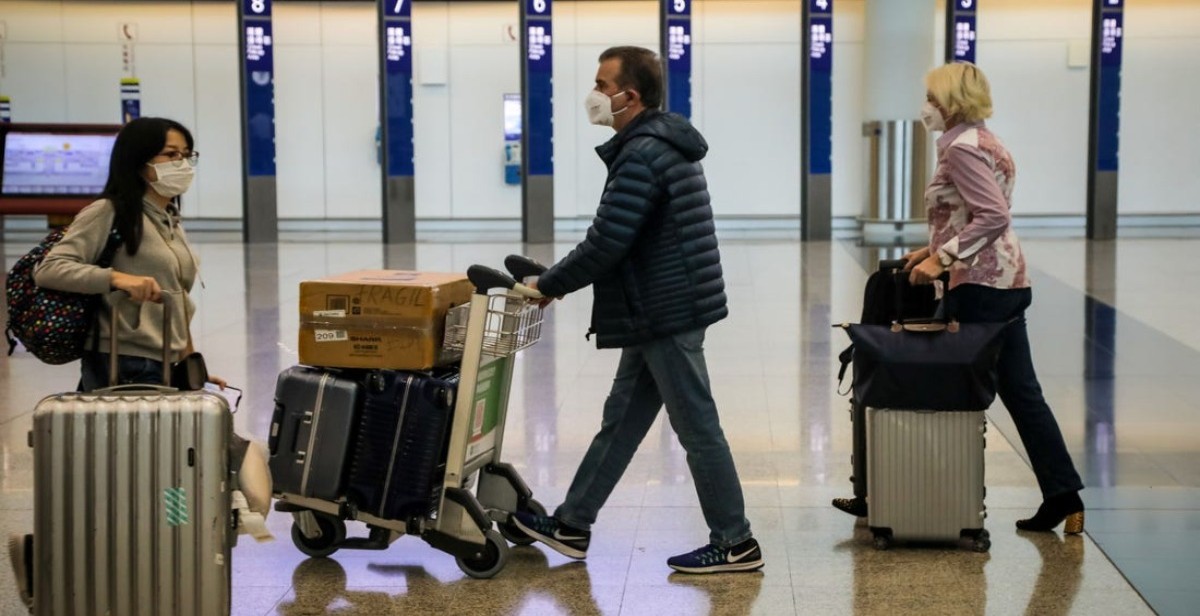We understand how much you’ve been craving to sample the various flavours of the winter tides in other countries. They return during this lovely time of year because of the abundance of attractions, so planning ahead is worthwhile. We don’t want you to go out blindly, though; we want you to go out wisely. Let me walk you through a few important factors to keep in mind when you go get your passports.
In the United Arab Emirates, the vast majority of people are fully immunised. Many people who got their previous Sinopharm shot more than six months ago have already gotten a booster dose. Is that, however, enough to justify a trip overseas this winter? In many countries, only one of the main four pharmaceutical companies, Oxford AstraZeneca, Pfizer-BioNTech, Moderna, and Johnson & Johnson, is permitted. Sinopharm and Sputnik, on the other hand, are not. In addition, some countries have established expiration periods for vaccinations to ensure that travellers are protected against the sickness.
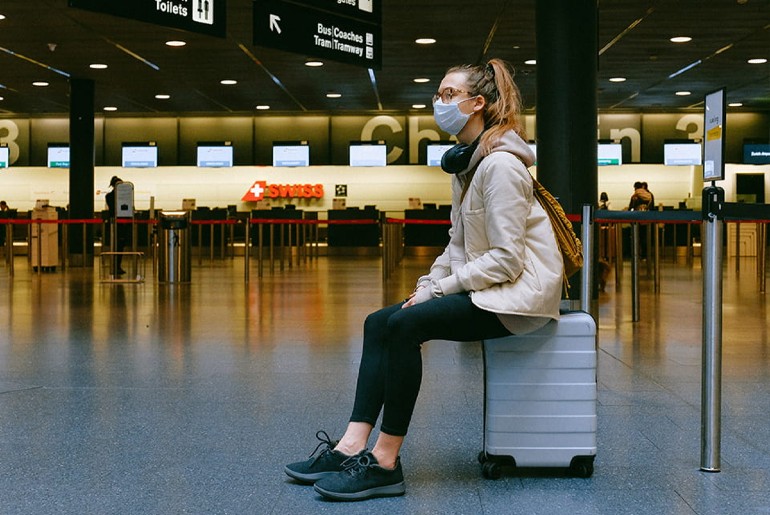
Travellers From The UAE
People who had a Sinopharm vaccine more than six months ago are encouraged to seek a booster, according to the UAE authorities. To sustain protection against the sickness, which might be Sinopharm or Pfizer. Furthermore, officials allow people to take the entire Pfizer course. After getting Sinopharm for more than six months, I had two shots. Allowing them to go to places where Sinopharm is not recognised.
Also Read: Travelling Abroad? Get Your COVID-19 Vaccine Second Dose Sooner If You Meet These Criteria

Who Needs The Booster Shots?
It all depends on the country you’re travelling to, so double-check before you go. Vaccine validity has an expiration date in some countries. You are considered vaccinated for a year in Austria. Starting on the 22nd day after your initial shot. Those who were vaccinated prior to that time must produce documentation of a current Covid-19 test and self-isolate for up to 10 days. Austria has recognised Sinopharm. All vaccine passports in Israel now have a six-month expiration date. The Green Pass is necessary for entry into indoor venues. In addition, visitors to Phu Quoc must have gotten a vaccination dosage within the previous year. You will not be allowed to enter if you have not obtained a booster shot.
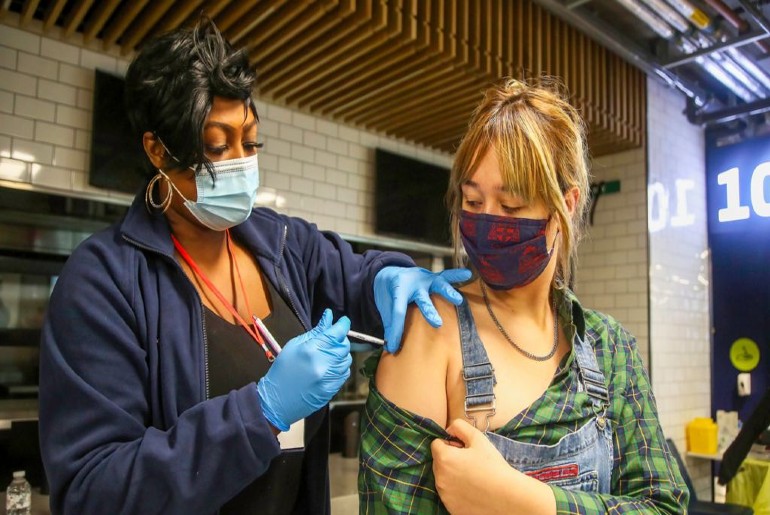
Which Countries Have Set Expiry Dates For Fully Vaccinated Status?
Although most nations do not require boosters, many do require travellers to be inoculated against the virus before entering. Only a few vaccine certificates are accepted by some. It is essential to check this before scheduling travel because it varies on where they were issued. There is no requirement for a booster in the United Kingdom, however people must have finished the entire course of one of the country’s four immunizations. Oxford-AstraZeneca, Pfizer-BioNTech, Moderna, and Johnson & Johnson are the companies involved.
Except for the Janssen vaccine from Johnson & Johnson, if you were vaccinated with a two-dose vaccination, you must have received both doses to be considered completely immunised. The second dose had to have been given more than 14 days before. The United Kingdom does not recognise Sinopharm. Vaccine certificates for vaccinations recognised in the UK, on the other hand, are acknowledged in the UAE. Since September 13, proof of vaccination in the form of a Covid-19 vaccination passport has been required to enter several public locations in Switzerland.
Vaccination certificates obtained outside of the European Union and the European Economic Area, however, will not be acknowledged. Covid-19 testing will be required every three days for anyone in this role travelling to Switzerland.
Also Read: Dubai Urges Residents & Citizens To Be Fully Vaccinated Before Travelling Abroad
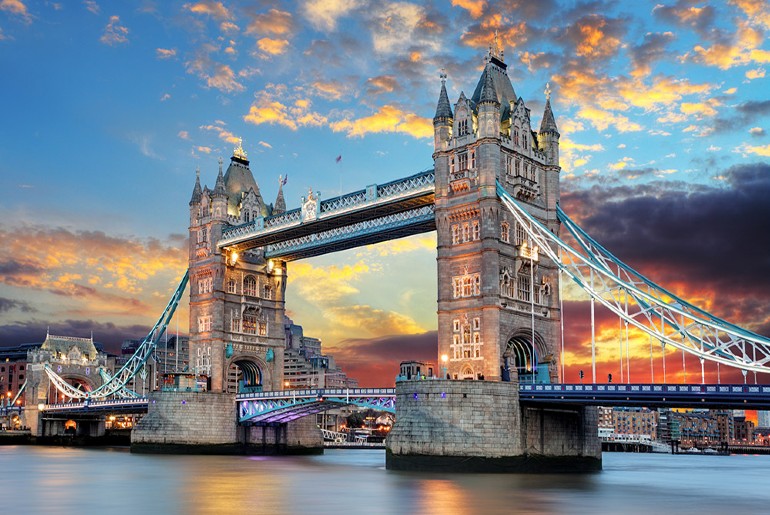
Why Are Boosters Required?
To keep the infection at bay, to be precise. After vaccination or infection with the coronavirus, neutralising antibodies have been demonstrated to drop very quickly. Among those who had received their second dose of vaccine three to six months ago, the prevalence of infection (0.55%) was higher than among those who had had their second shot less than three months earlier.
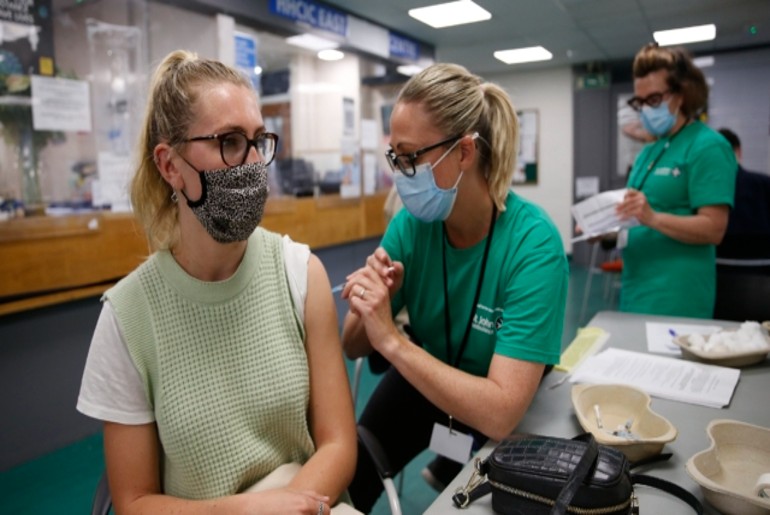
Is A Booster Series Immune Response Stronger Than A Primary Series Immune Response?
A booster should, in theory, result in higher immune responses. To combat the infection, the body produces a flood of different types of antibodies after immunisation. As it would in the event of true infection. They gradually decrease in number, but their quality improves over time. A booster boosts the number of neutralising antibodies and memory B cells in the body. As a result, it circulates in the bloodstream. Until the body comes into contact with the infection again, which can take decades. B cells are the major participants in the protective immune response against infections because they create antibodies. They will fade once more, but the number of survivors will be greater than before. As a result, a faster and more strong response will emerge.
However, such levels are unlikely to have been achieved in persons who have received the recommended Covid-19 vaccine or have already been infected.
Also Read: Vaccination Certificates On CoWin To Be Linked With Passports For People Travelling Abroad
So, now, you’re travel-ready!
First Published: November 07, 2021 2:14 PM
